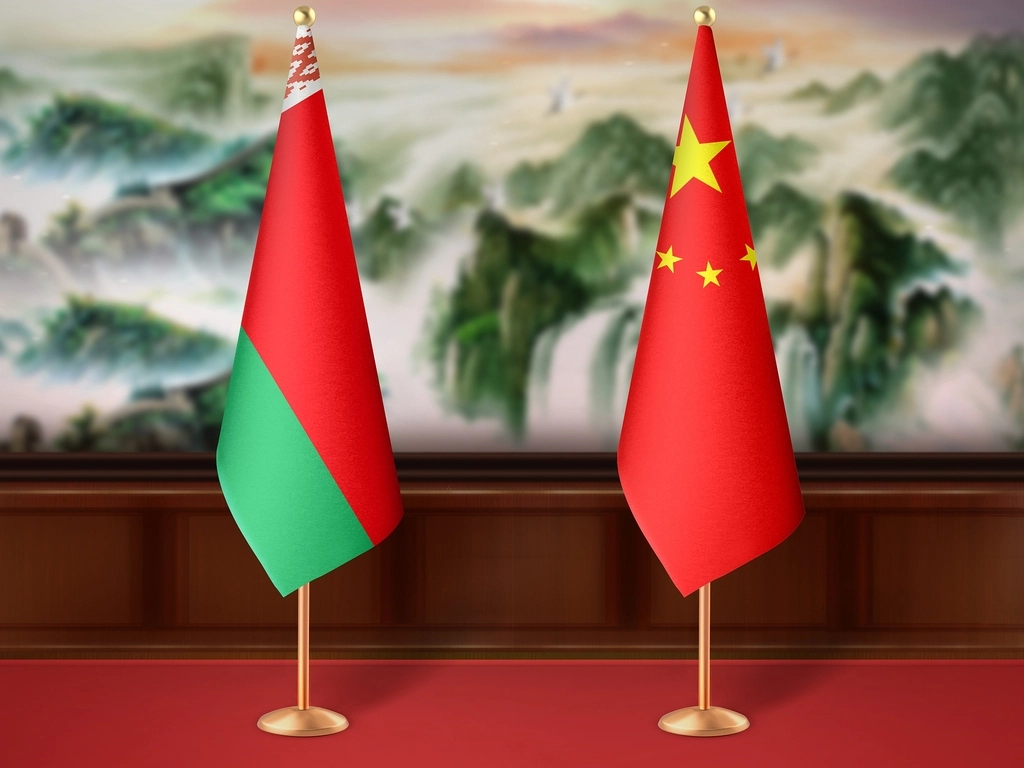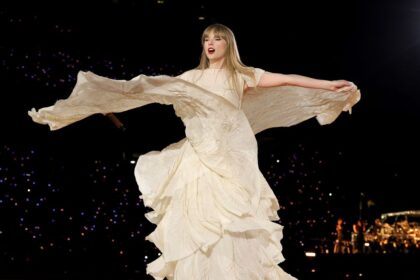Xi Jinping and Alexander Lukashenko-leader of China and Belarus, who are the close ally of Russian President Vladimir Putin, looked forward to an early return to peace in Ukraine. During Wednesday’s meeting in Beijing, both allies vowed to deepen defense and security links and expressed shared views on the war in Ukraine, as geopolitical anxieties around Russia’s war continue to rise.
Lukashenko supported China’s current position on a “political solution” to the conflict, according to a Chinese Foreign Ministry readout of the meeting, referring to a statement released by Beijing last week which dubbed for peace talks to end the conflict but did not push for a Russian withdrawal from Ukraine – drawing skepticism from Western leaders.
Both Putin’s allies, Xi and Lukashenko expressed “deep concern over the long-armed conflict.” According to a mutual statement following their sit down in the Great Hall of the People, where Xi welcomed Lukashenko in a ceremony alongside a phalanx of Chinese armies.
Belarusian leader’s visit comes as anxieties between the US and China have heightened in recent weeks, including over concerns from Washington that Beijing is considering sending lethal aid to Russia against Ukraine.
Beijing has renounced those accused and rather sought to show itself as an honest agent of peace – in contrast to the United States, who accused China of “adding fuel to the fire” in the conflict and harming the international economy with sanctions targeting Russia.
At Wednesday’s meeting, Xi called for “relevant countries” to “stop politicizing and instrumentalizing the world economy” and serve in a manner to support “resolve the crisis peacefully,” in an apparent reference to the US and its allies. The joint statement highlighted the alignment between Minsk and Beijing when it comes to their foe to what they see as a Western-led global order, with their joint statement including opposition to “all forms of hegemonism and power politics, including the imposition of illegal unilateral sanctions and restrictive measures against other countries.”
China and Belarus, which were also targeted in hardy Western sanctions following Russia’s invasion, would also support their cooperation across a range of economic areas, the statement said.
They also vowed to “deepen cooperation” on military personnel training, fighting terrorism, and “jointly preventing ‘color revolution’” – a reference to famous pro-democracy activities dictators allege are backed by Western governments.




